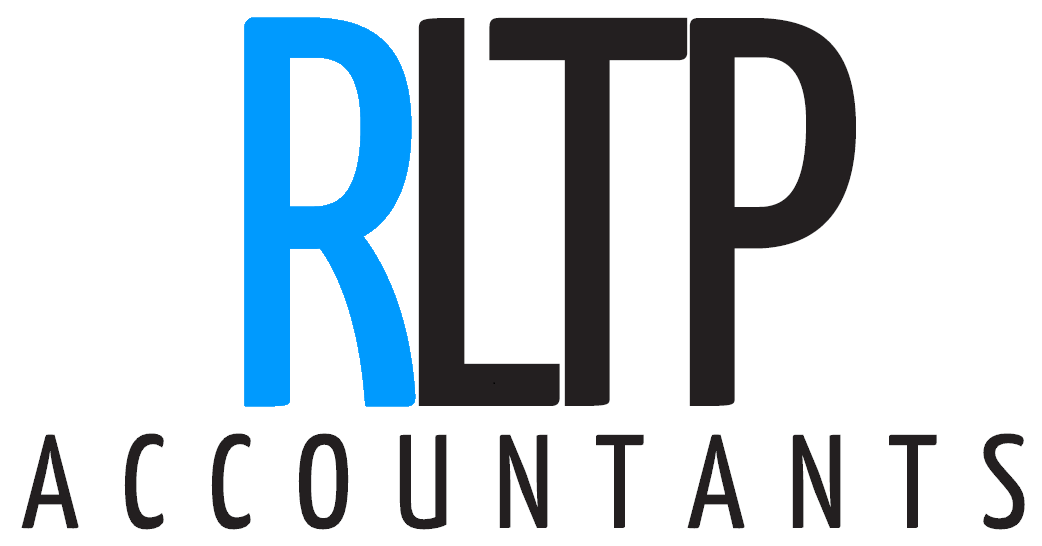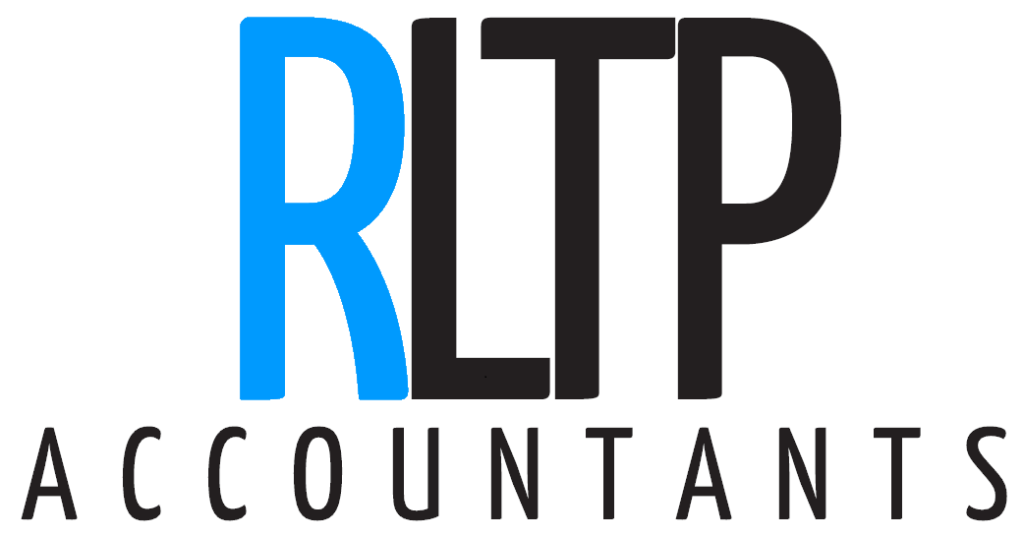It can be difficult to keep track of the tax we owe, especially if you’re a business, but it’s important that you’re aware of this because you could incur penalties if you miss deadlines. This is why many businesses, companies and employees are considering paying their tax bills sooner rather than later.
There are two different tax bills that you could pay well before the deadline, but there are pros and cons to each, which are important to consider before you make the choice. Most business owners will ask an accountant to receive some expert guidance about which way to go, something that RLTP Accountants can do for you. However, there are different rules you need to follow depending on whether it’s Corporation Tax you need to pay or Income Tax. Let’s discuss this in more detail:
Paying your Corporation Tax bill
Corporation Tax is a sum of money that a business owes to the government which is calculated upon submission of a Company Tax Return to the HMRC. Although it’s branded as a tax that businesses pay, not every single business will pay Corporation Tax, but they will pay Tax to the government in some form.
Who pays Corporation Tax?
Usually, those who pay Corporation tax are only limited businesses and companies who trade in the United Kingdom. It will also apply to foreign businesses who have an office branch in Britain, but only on the profits made through its UK branch. If a limited business operates solely in the UK, then they will be required to pay Corporation Tax on all of their profits made. In order to work out the amount of Corporation Tax you owe, you will need to submit a Company Tax Return to the HMRC. It might be that you receive a ‘notice to deliver a Company Tax Return from the HMRC, meaning you must submit one before the deadline.
When does Corporation Tax need to be paid?
There is a deadline associated with the payment of Corporation Tax, but it’s not as clear-cut as the deadline laid out for Income Tax, for example. The deadline for the payment of Corporation Tax sits at 9 months and 1 day after the end of the accounting period. Most companies and businesses will ask an accountant for help with this because it can be difficult to work out when the accounting period starts and ends.
Can I pay my Corporation Tax bill early?
You will be able to pay your Corporation Tax bill early if you wish to. There would be no penalties for doing so, but you must consider both the pros and the cons of paying it early and paying it closer to the deadline. Some of the advantages of paying the Corporation Tax bill early are as follows: the government will pay you something called a ‘credit interest’ (at 0.5%) for paying it early and it takes the stress out of the rest of the year, because you got it all out of the way sooner rather than later. Having said that, there are still some disadvantages to paying your Corporation Tax bill early, including: it could impact your cash flow and you could end up missing out on that credit interest if you pay it early.
Paying your Income Tax bill
Paying your Income Tax bill is automatic for most people who are employed by a company or a business. This is because they’ll either have their own finance department or will employ the help of an accountant to make sure that everyone is being taxed correctly. The average employee in the UK will not have to calculate their Income Tax themselves, unless they notice a discrepancy in the amount they have been paying.
Those who submit Self Assessments and Tax Returns themselves will have to carefully evaluate their finances and declare everything they can to the government so that they can be taxed accordingly. Usually, those who haven’t done it before or those who find it complicated to fill out every year will enlist the help of a professional accountant, such as us here at RLTP Accountants. We are able to carry out Self Assessments on your behalf, as well as manage your business’ finances wholly for your absolute peace of mind, offering accountancy services including: budgeting and forecasting, Capital Gains Tax services, company formations, and payroll and auto-enrolment services, to name a few.
What are the Income Tax allowances?
As of November 2023, the tax bands and allowances are as follows for 2023/2024, according to Gov.uk: If you earn up to £12,570, you will pay 0% tax, also known as the personal allowance tax band. If you earn between £12,571 and £50,270, you will pay 20% tax (although £12,570 of that will be tax-free), this is known as the basic rate tax band. The higher rate tax band applies if you earn between £50,271 and £125,140, where you’ll be required to pay 40% tax, but still, £12,570 of that will be tax-free. If you earn anything above £125,140, then you’ll be taxed at a rate of 45%, also known as the additional rate tax band. However, you will not be able to benefit from the personal allowance if you fall within the additional rate tax band. This means that the entirety of your salary will be taxable with no exemption on the first £12,570 earnt. If you live in Scotland, however, the Income Tax bands will be different. You can read more about that here.
How much Income Tax do I need to pay?
The tax that you need to pay will be dependent on a few things, mainly your tax allowance. Essentially, the government will request a percentage of your salary that is calculated based on the amount you earn. We have already discussed the tax allowances and bands that need to be strictly adhered to by employers to ensure that both themselves and their employees are paying the right amount of tax on their income. You could be paying anywhere between 0% and 45% of your salary. Make sure you check your annual income against the tax band and your tax allowance if you want to be sure about the amount of tax you have to pay.
Can I pay my Income Tax bill early?
In short, yes. You can pay your Income Tax bill early if you so wish, ensuring you meet the deadline of 31st January. This usually only applies to those who are filling out a Self Assessment form, or if one has been filled out on your behalf by a trusted accountant, such as the ones we have working for us here at RLTP Accountants. Let us take the stress and pressure out of Self Assessments and tax returns.
We are fully-trained and highly-qualified, together with a wealth of experience in the field, so you can always count on us to ensure deadlines are hit and an accurate assessment of your finances is made. We will advise you on whether it would be best to pay your Income Tax bill early or not. As with most things, there are advantages and disadvantages to paying your Income Tax bill early. The pros will include: avoiding a deadline penalty, refraining from spending any money that’s set aside for that tax bill, creating more time to ask important questions, receiving tax refunds sooner and you won’t be starting the new year with a considerable sum of money to pay.
Unfortunately, however, there are downsides to paying your Income Tax bill early, and those include: making mistakes because you’re rushing and forgetting to consult your cash flow first. Both of the aforementioned could prolong the process and you might even increase your risk of missing the deadlines that are set out, thus resulting in a financial penalty. If you aren’t sure about whether or not to pay your Income Tax bill early, consult with your accountant or hire one for expert advice and guidance.
RLTP Accountants have a dedicated team of specialist accountants who specialise in the financial management of small and start-ups businesses and companies alike, regardless of the industry you work in. If you would like further information about the accounting services in Nottingham, Derby, Belper, Leicester and beyond, get in touch with a member of our friendly, expert team today – we’re always pleased to hear from you.


